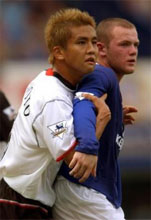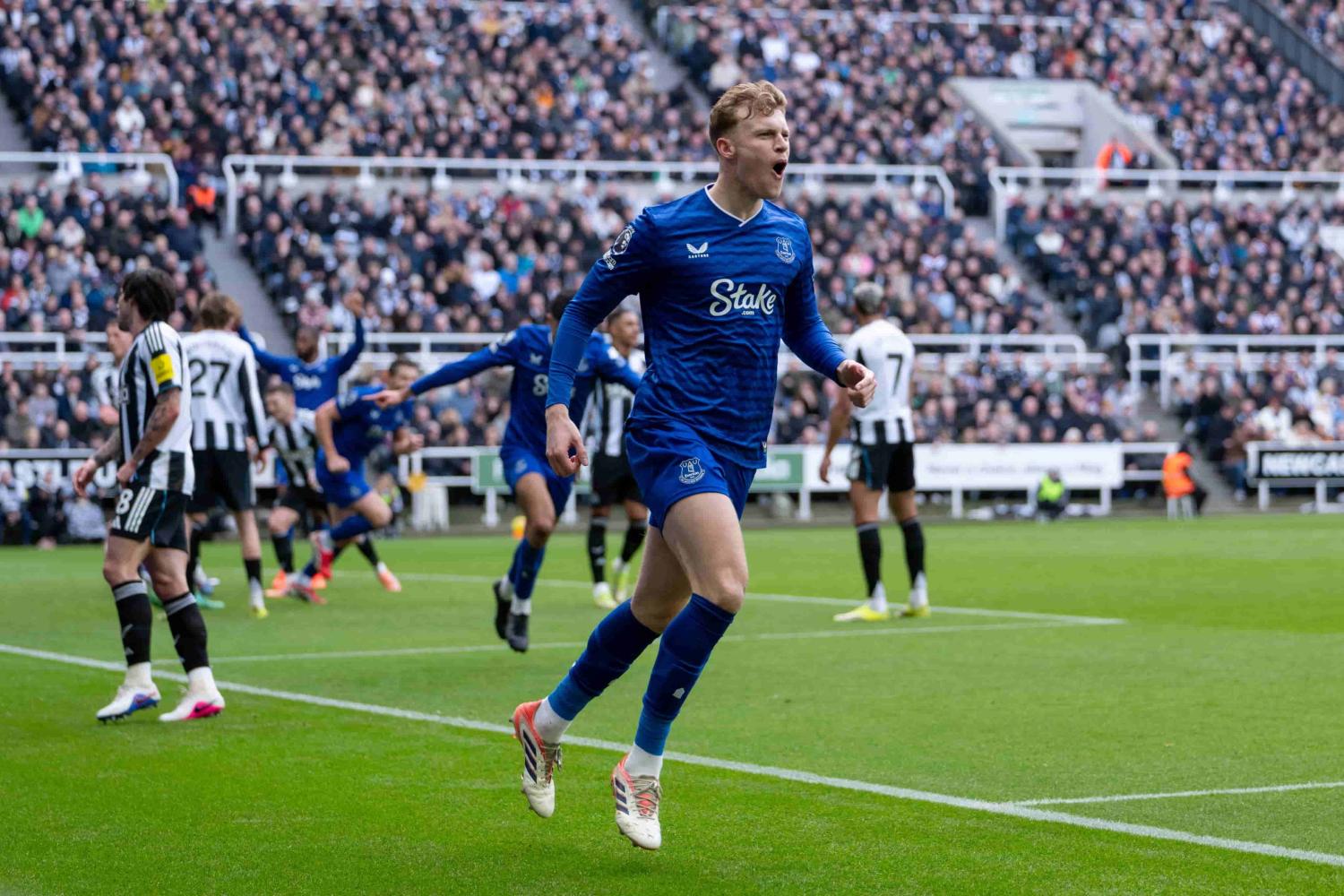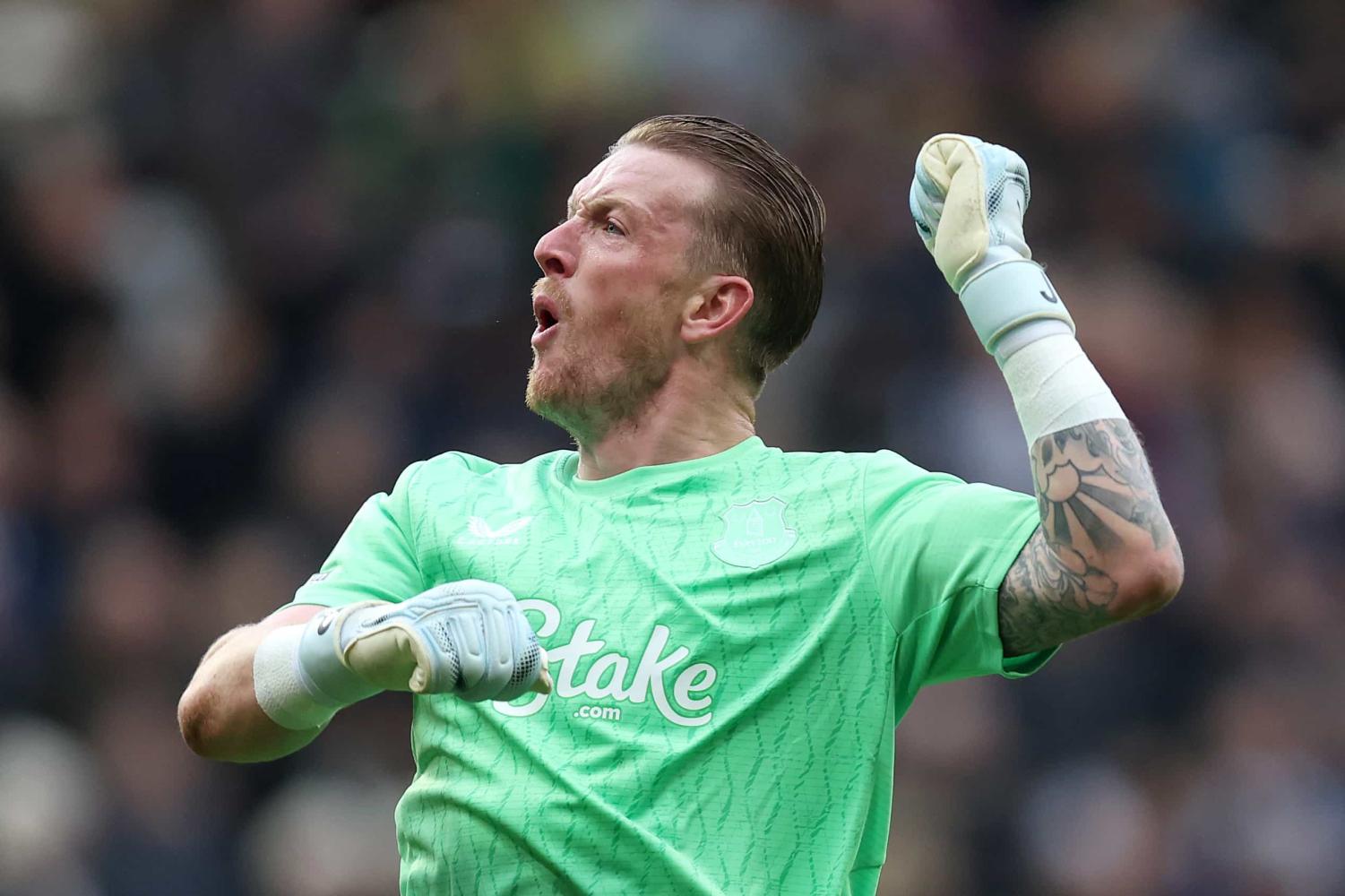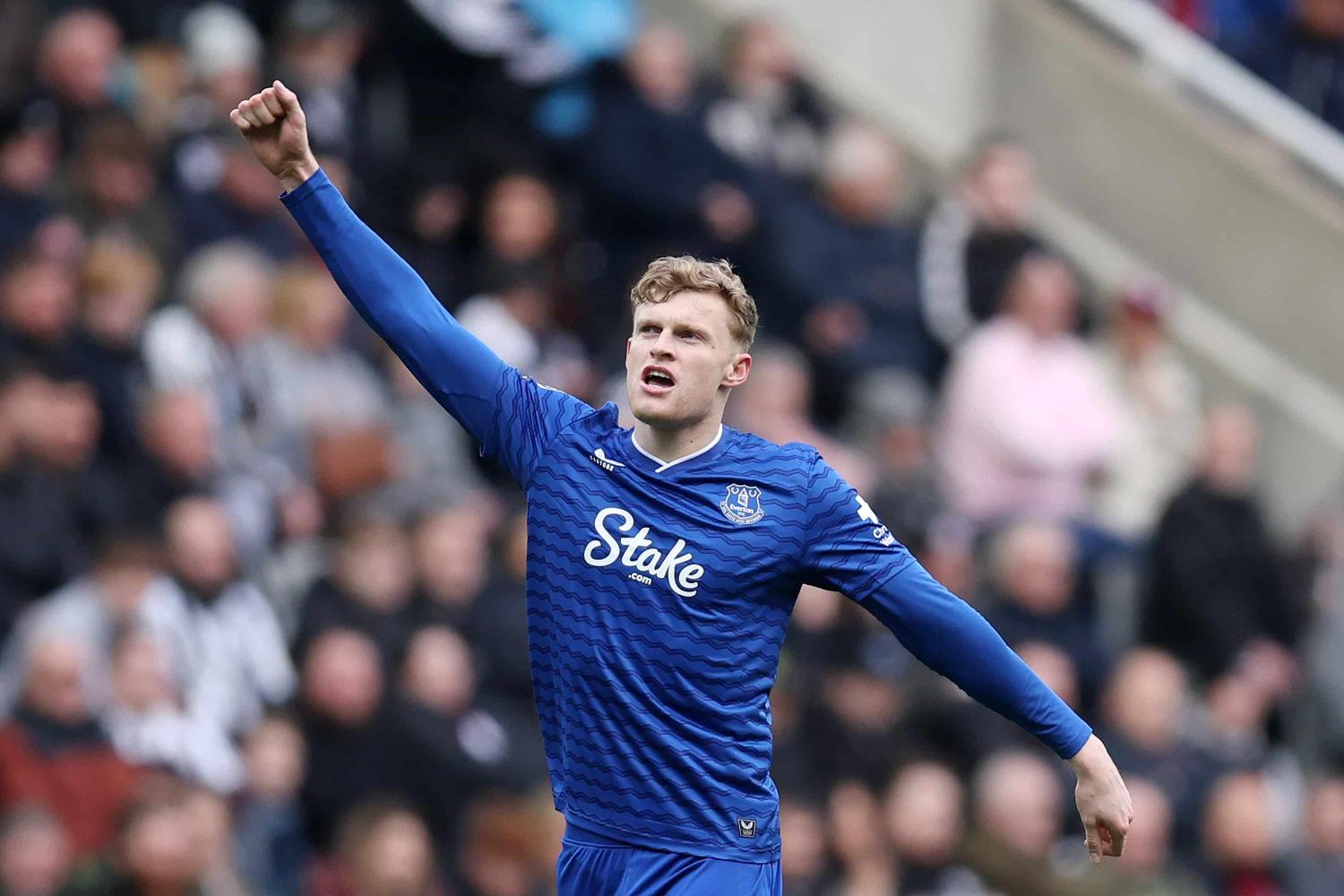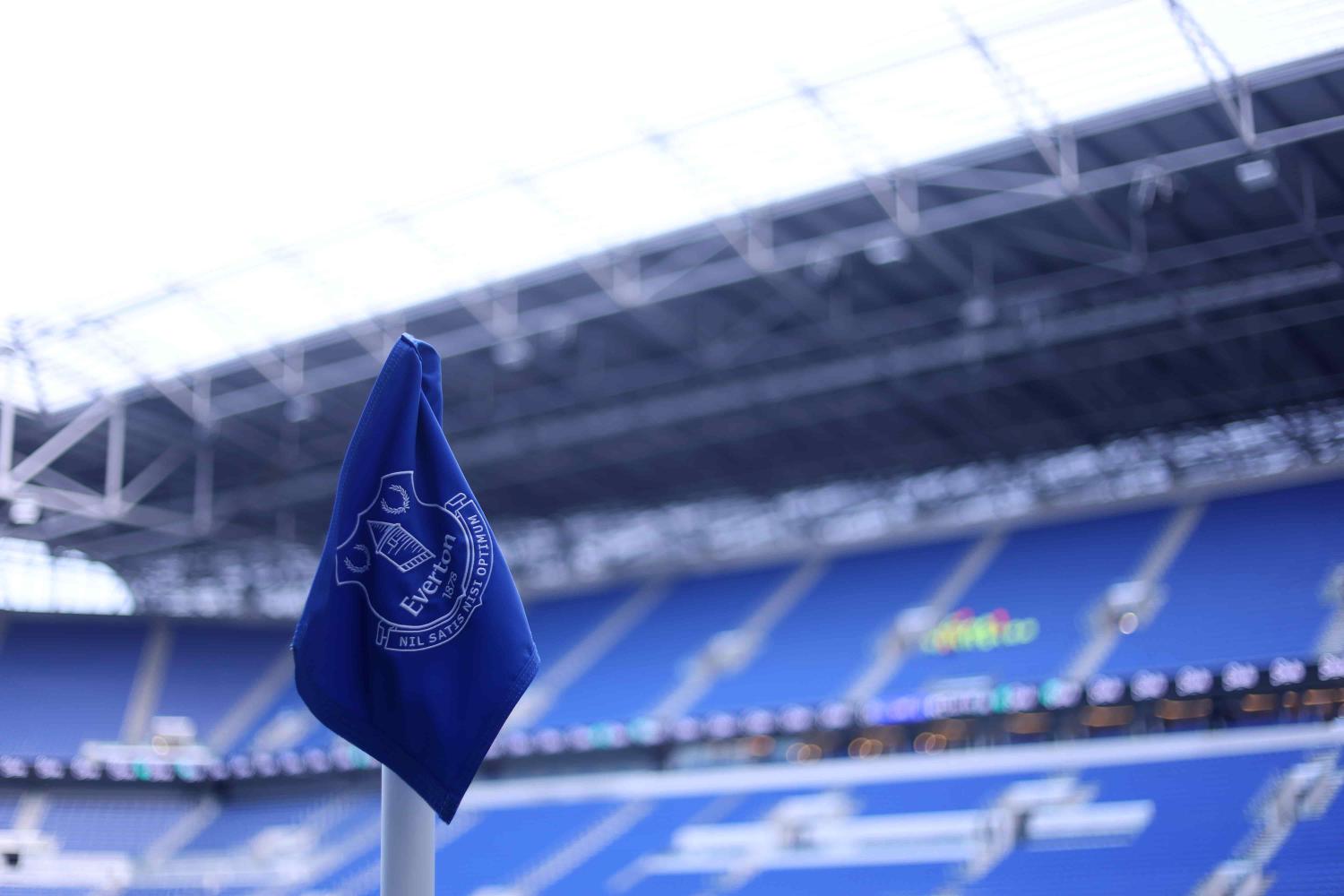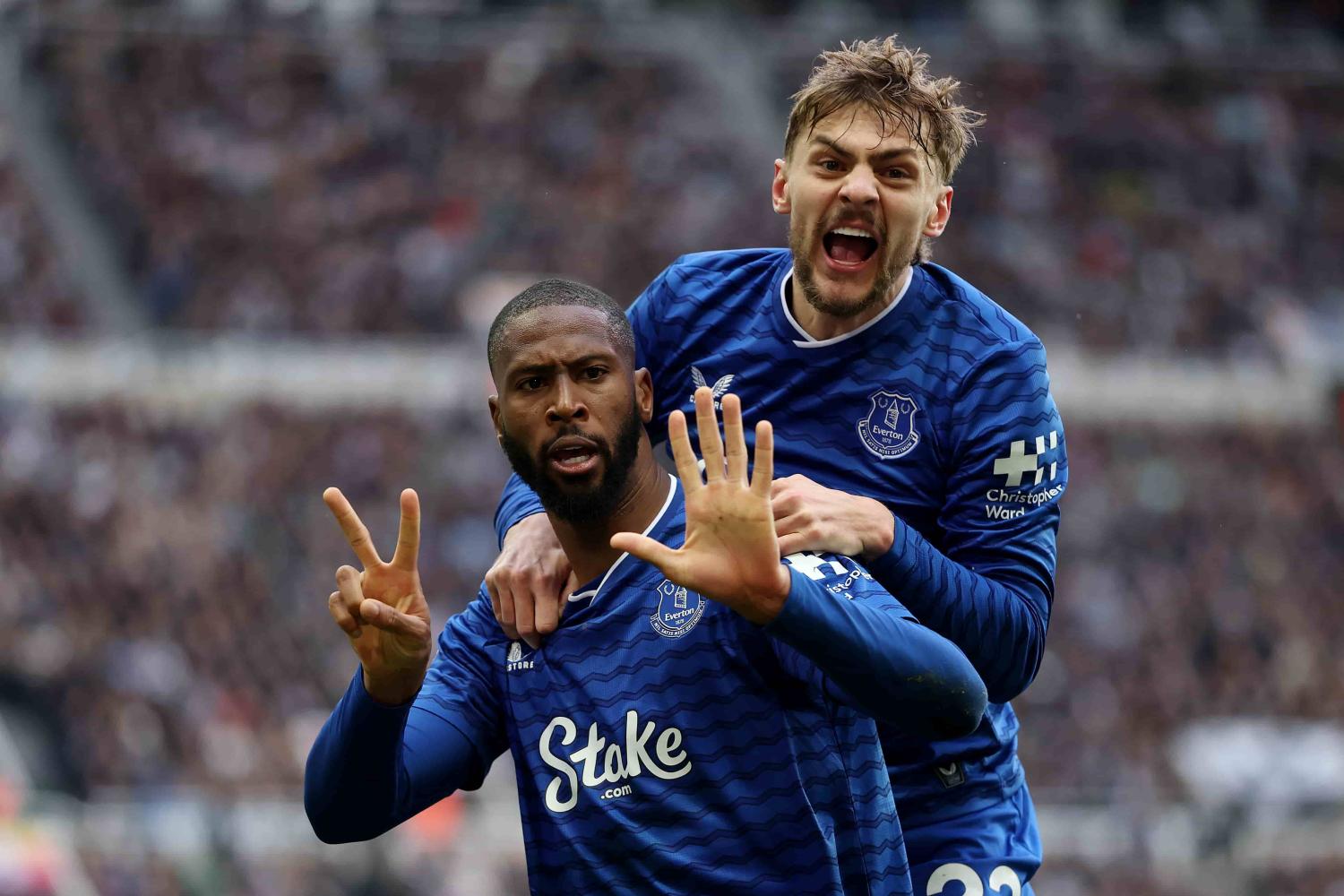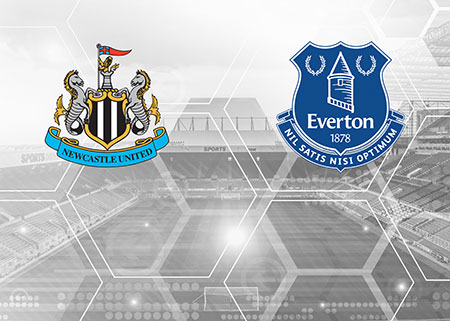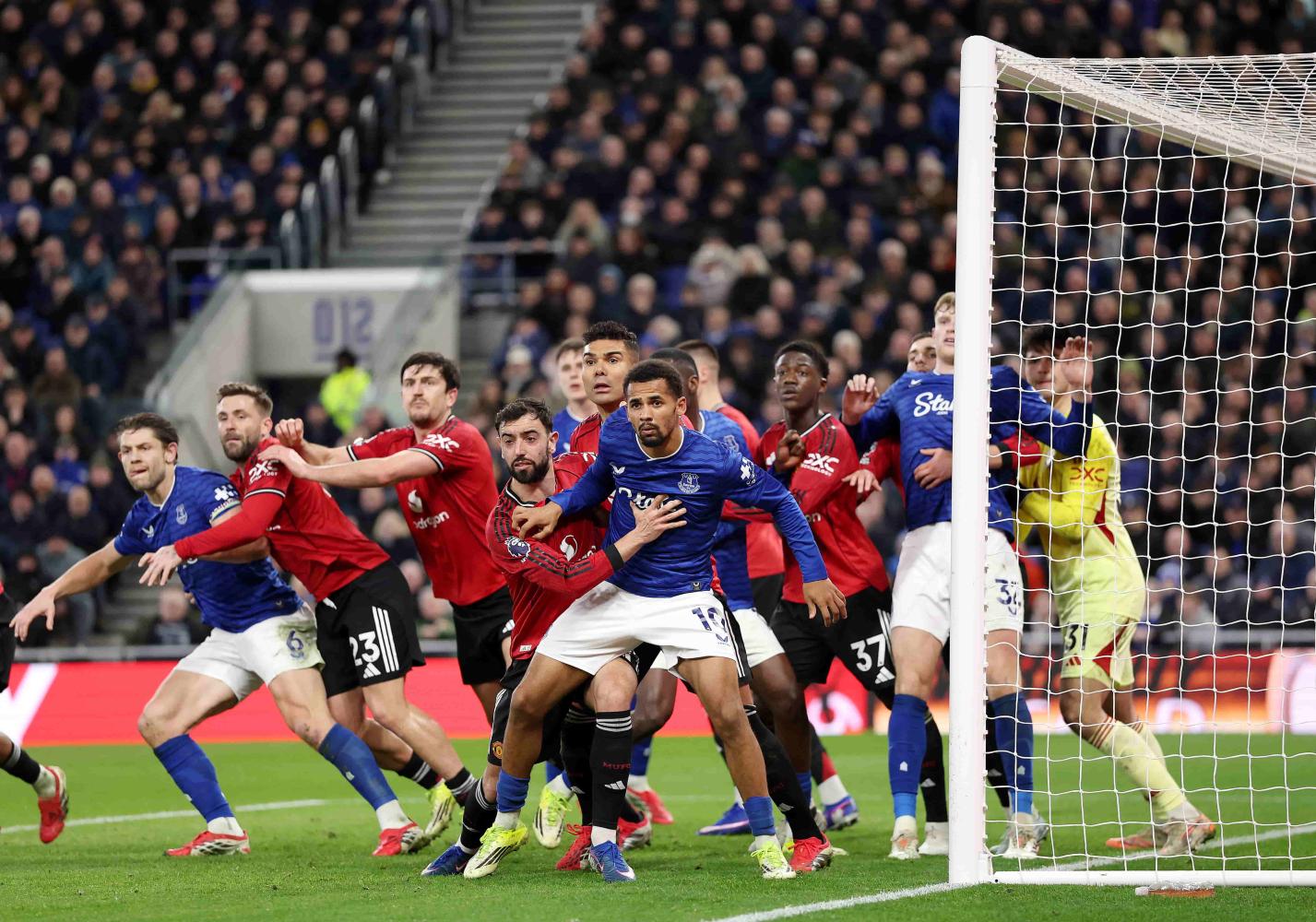The Times
The rise and fall of a hero in blue
THE MESSAGE SPLASHED IN BLACK paint on the walls of Gwladys Street primary school was as chilling as it was stark. “DIE ROONEY DIE” it read, spelt out in letters 12 inches high. Beyond those walls, across the road and inside the edifice of Goodison Park, the sentiments being expressed were only marginally less hostile. “Stand up if you hate Rooney,” they chanted, rising to their feet. “There ’s only one greedy bastard.” This was Wayne Rooney — national treasure, Everton hero, working-class boy made good — and these were the supporters who, until a week ago or so, adored him. The same chants are certain to be aired this lunchtime at Old Trafford, where, with cruel timing, Everton are to play a Barclays Premiership fixture against Manchester United, the club with whom they are at a delicate stage of negotiations over his transfer in a £25 million deal, which is likely to be completed tomorrow. How did it come to this? How did Merseyside fall out of love with the boy who captured the hearts of a city and ultimately a nation with his fairytale rise from the mean streets of Croxteth to the Elysian fields of the Premiership? At 16, after a stunning last-minute winner against Arsenal, he was an overnight hero, the face of a rejuvenated Everton. Now, barely 22 months later, as a protracted transfer saga approaches an acrimonious conclusion, he faces the prospect of being unable to set foot in his native city again. The situation is a curious one, particularly bearing in mind that a transfer
would appear to suit Everton’s urgent need for cash every bit as
much as it does Rooney’s stated “need” to be playing
at a higher level of football. Somehow, a situation has come about in which Rooney has been convinced that he has to get out of Merseyside, for his personal wellbeing as well as his career as a footballer. This is based on the supposition that the city of Liverpool has turned against him (which it has), but it had not by the time his decision — or that of Proactive Sports Management, his advisers — had been made. It is only in the past week, since a vicious propaganda war erupted, that his popularity among Evertonians has plummeted to such alarming depths. There has been talk of death threats sent to Rooney as well as to Paul Stretford, his agent, who is perceived to have used his influence to talk the impressionable teenager into a move that he does not want. The extent of Stretford’s role should not be underestimated, since it was never the former vacuum salesman’s intention for his star client to spend more than another season at Everton. Yet even the most Machiavellian agent would struggle to create the poisonous atmosphere that has made this transfer inevitable. On Saturday, with the statement accompanying Rooney’s transfer request the previous day having been so badly received, the Proactive spin machine went into action. Even before the supporters started to arrive at Goodison for Everton’s match against West Bromwich Albion, a statement was issued to several Sunday newspapers in which Rooney announced himself “absolutely gutted at what is happening here ”. The statement continued: “It is clear that it’s time for me to leave Everton and I’m disappointed at some of things said by Everton, especially considering that I know the truth.” It is highly doubtful whether Rooney, lost in a vicious circle of misinformation, does know the truth, or at least more than half of it, given that he has ceased to listen to anyone at Everton. He is right to suspect that the club’s board, divided on all other matters, is not as vehemently opposed to his sale as has been suggested. It has now been claimed that it was one of the Everton directors who instigated the first bid from Newcastle United a week ago, which had the effect of flushing out interest from Old Trafford. As such, the Everton board is far from blameless in the affair. Some may point fingers at David Moyes for allowing his relationship with Rooney to collapse as it has done, but this is deeply unfair, for the Everton manager is the one man who deserves to emerge with any credit from the affair. It is the youngster’s mood-swings that have made life impossible for Moyes, along with the striker’s inability to reproduce his England form at club level. Even when faced with increasing big-time tendencies and a waning commitment to the club from his star pupil, Moyes showed more diplomacy than Sir Alex Ferguson did with David Beckham. As for Rooney, he appears to have got the move that he, or at least his advisers, wanted. Manchester United’s improved £25 million offer had still not been rejected last night and is likely to be accepted by the Everton board once the sensitivity surrounding today’s fixture has given way to realism. That will give the player a little over 24 hours to undergo a medical examination and complete the formalities of the deal before the transfer deadline at midnight tomorrow. Whether joining Manchester United makes him the winner in the situation, though, is another matter. In the past few weeks, Rooney has succeeded in alienating an entire city mostly through his own stupidity, whether by inviting moral outrage for his visits to brothels or by adhering so blindly to the wishes of his advisers, who have encouraged him to turn down a contract at the club he loves and to agree to a highly lucrative tie-up with The Sun, a newspaper still reviled on Merseyside for its coverage of the Hillsborough tragedy 15 years ago. That last fact should offer confirmation, if any were needed, that Scousers
do not forgive or forget readily. Some might say that Rooney’s so-called
crimes pale by comparison, but, to those Evertonians who revered him,
they amount to treason. © The Times |

